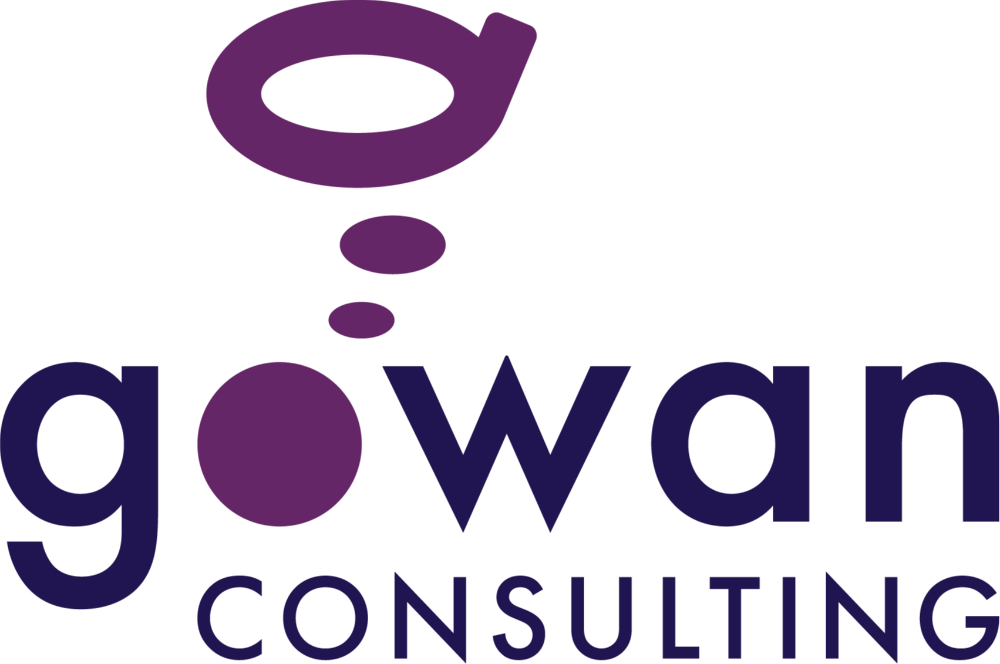ADHD Coaching for Workplace Success
Nov 27, 2025
Attention-Deficit/Hyperactivity Disorder (ADHD) is increasingly being recognized in the adult population, yet it remains widely misunderstood in the workplace. Many adults who have struggled silently for years get diagnosed later in life, often after experiencing challenges with performance, relationships, or confidence at work. Some employees may never be formally diagnosed but self-identify based on their traits and challenges.
When the right supports are in place, employees with ADHD don’t need to struggle at work. ADHD coaching is one solution that can help employees build the self-awareness, structure, and skills needed to succeed.
Understanding ADHD in Adults and the Workplace
ADHD includes more traits than typically recognized, which can make it difficult to diagnose or understand its impact in the workplace. A common perception is that individuals with ADHD are distractible or impulsive, but other traits include hyperfocus, emotional dysregulation, and rejection sensitivity (among many other traits). Each person’s experience is unique.
These characteristics can impact work in several ways. Individuals may experience challenges with focus, time management, organization, and task completion, especially in environments with high cognitive demands or limited structure. Relationships with colleagues and supervisors might become strained, or attendance, consistency, and retention of employees may be affected.
But traits can also contribute to curiosity, creativity, adaptability, energy, and innovative problem-solving when effectively supported. You may find that individuals with ADHD are good at crisis management, idea generation, or connecting concepts in novel ways, which can drive team success.
Traditional diagnostic frameworks, such as the DSM-5, were designed with children in mind and may not capture the full picture of ADHD across the lifespan. Early diagnostic bias, particularly toward males and more overt hyperactivity symptoms, has left many adults, especially women and high-functioning professionals, undiagnosed. Often, it’s later in life during career changes, increased job responsibilities, or periods of heightened stress that reveal underlying executive functioning differences. For those not diagnosed in school, the workplace may be the first environment where they have access to targeted support.
What Is ADHD Coaching?
ADHD coaching is a structured, collaborative process designed to help individuals set goals, identify tools and strategies, build skills, and achieve meaningful outcomes that improve performance at work and in daily life. It focuses on executive functioning skills such as organization, prioritization, planning, time management, and emotional regulation, which are areas that often influence productivity and workplace success.
Unlike other forms of support, like talk therapy or medical treatment, ADHD coaching fills a functional gap because of its action-oriented and accountability-focused approach. It helps individuals identify what’s working, what’s not, and how to make realistic adjustments to their environment, habits, and routines along with tools and strategies that can be implemented to support success.
The process is not about “fixing” what’s wrong; it’s about empowering individuals to be self-aware about their unique strengths and challenges, and to discover strategies that work for them in real situations. Coaching is about collaborative problem-solving – the coach facilitates, but the employee drives the solution. This neurodiversity-affirming approach can help reframe how employees view their own abilities and replace self-criticism with confidence and motivation.
Coaching is ideal for employees who:
- Struggle with executive functioning skills
- Need help applying their strengths to their daily work tasks
- Are motivated to build self-management skills and sustain accountability
Integrating ADHD Coaching into Workplace Supports
Coaching can also complement other forms of occupational therapy support, such as mental health support or formal accommodations. Employers have a duty to accommodate employee with disabilities up to undue hardship, and job coaching may be a good fit depending on the situation. Job coaching supports skill and habit development, while accommodations adjust the environment, job tasks, and worker behaviours. Both are valuable and effective when used together.
However, coaching doesn’t always require a formal accommodation. For employees who identify as neurodivergent and could benefit from targeted skill building, employers have an opportunity to go beyond compliance and offer proactive support. This approach not only demonstrates a commitment to an inclusive culture, but it also strengthens team performance. By helping employees develop practical strategies and improve workplace skills, coaching enhances efficiency and confidence, while reducing friction points across the whole team.
Inclusive Workplace Practices
To be proactive about supporting employees with ADHD, or other neurodivergent traits, organizations should provide clear communication about available supports (accommodations, coaching, etc.) to encourage employees to reach out for help when they need it. Providing a checklist of available supports to choose from can help take the onus off individuals to disclose a disability. Offering flexible, low-cost solutions, such as quiet workspaces, noise-cancelling tools, flexible schedules, microbreaks, or mentorship, can be a quick and effective way to support neurodivergent employees without having to navigate a complex accommodation process. For strategies catered to the employee’s specific needs and job, coaching with an expert is recommended.
Creating an inclusive culture also involves encouraging open discussions about neurodiversity to reduce stigma and help employees feel understood. Leaders and HR professionals should be trained on how to recognize when employees may benefit from coaching and how to integrate inclusive practices into daily work processes. This might include training on inclusive communication and feedback strategies and reflection on unconscious biases that could unintentionally reinforce stigma.
Occupational Therapists: Your Ideal Partner for ADHD Coaching
Occupational Therapists (OTs) are especially well-equipped for ADHD coaching because they understand how people interact with their work tasks and environments. They help employees create practical strategies, linking coaching directly to real workplace needs. OTs take a holistic approach, supporting both performance and well-being, and use their expertise in cognitive function and activity analysis to make strategies easy to apply and sustainable over time.
By partnering with OTs trained in ADHD coaching, employees can receive the support they need to reach their full potential. Contact Gowan Consulting to learn more or make a referral for job coaching to get started today.

